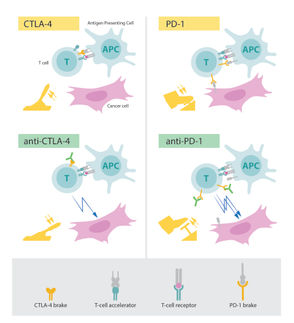Lilly and bioMérieux-Pierre Fabre To Collaborate on ACAT Inhibitor for Atherosclerosis
Advertisement
Eli Lilly and Company and bioMérieux-Pierre Fabre announced that they have signed a letter of intent to collaborate on eflucimibe, an ACAT inhibitor discovered at bioMérieux-Pierre Fabre's research center in Castres, France. Eflucimibe is being developed for the treatment of atherosclerosis and is in Phase I human clinical trials.
Atherosclerosis affects more than 115 million people globally. Current treatments for this disease focus on reducing LDL cholesterol in the blood but have yet to prove significant effectiveness in reduction of plaque that has accumulated on the vessel wall. By demonstrating an additional effect on reducing atherosclerotic plaque, Lilly and bioMérieux-Pierre Fabre anticipate eflucimibe could represent a major advance over currently marketed therapies.
Under the letter of intent, bioMérieux-Pierre Fabre will receive a signing fee, milestone payments and royalties on product sales. Lilly and bioMérieux-Pierre Fabre will jointly promote and market the product except for certain countries where Lilly will receive exclusive sales and marketing rights, including the United States, Canada and the United Kingdom. The companies will share in the development of the compound and the manufacture of the finished product. bioMérieux-Pierre Fabre will manufacture the bulk material.
"This collaboration is instrumental to our strategy of building a premier cardiovascular portfolio," said August M. Watanabe, M.D., executive vice president, science and technology, for Lilly. "We have enjoyed a strong working relationship with bioMérieux-Pierre Fabre and are looking forward to a long and productive partnership."
"This agreement between Lilly and bioMérieux-Pierre Fabre is very promising from several points of view," said Jean-Luc Belingard, executive vice president for bioMérieux-Pierre Fabre. "It acknowledges the expertise of bioMérieux-Pierre Fabre's research and its broad perspective in this strategic cardiovascular therapeutic area. We are excited to apply this expertise in close collaboration with Lilly."








































